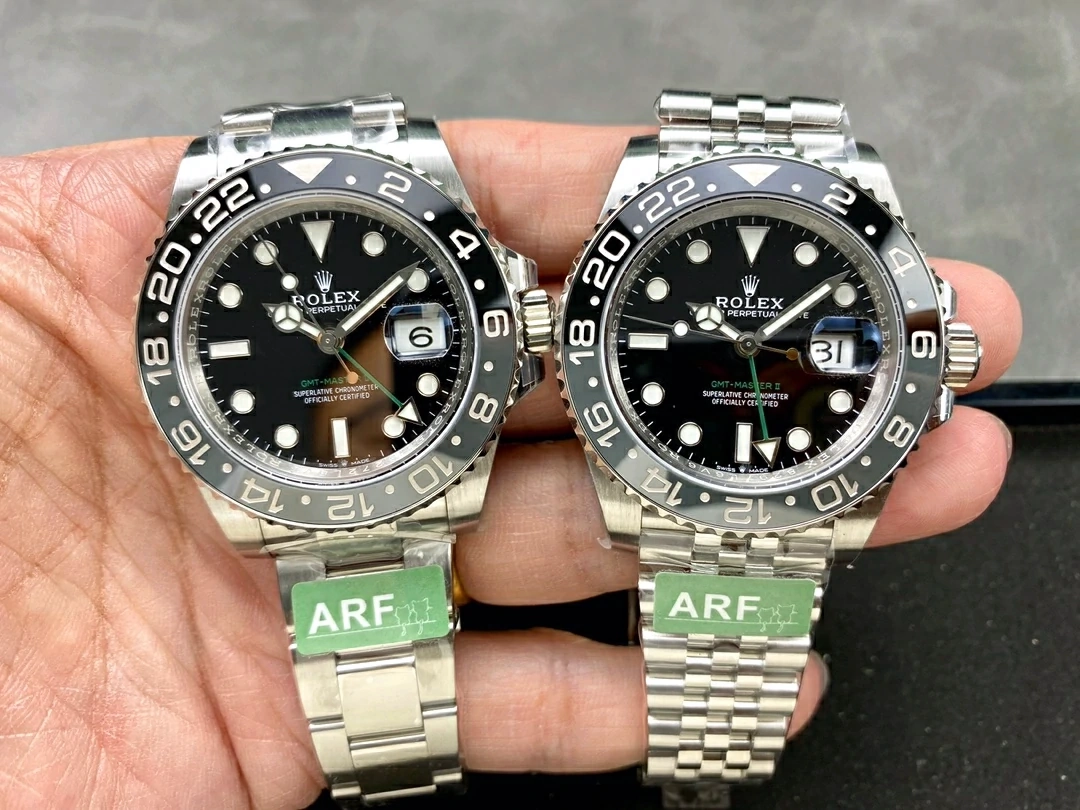Replica watches have become increasingly popular as affordable alternatives to luxury watches. For many, these watches offer a tempting way to own the appearance of a high-end watch without paying the exorbitant price. But are replica watches illegal? The answer isn’t as simple as yes or no. It hinges on several key factors, and understanding the legal intricacies is crucial for anyone interested in exploring this market.
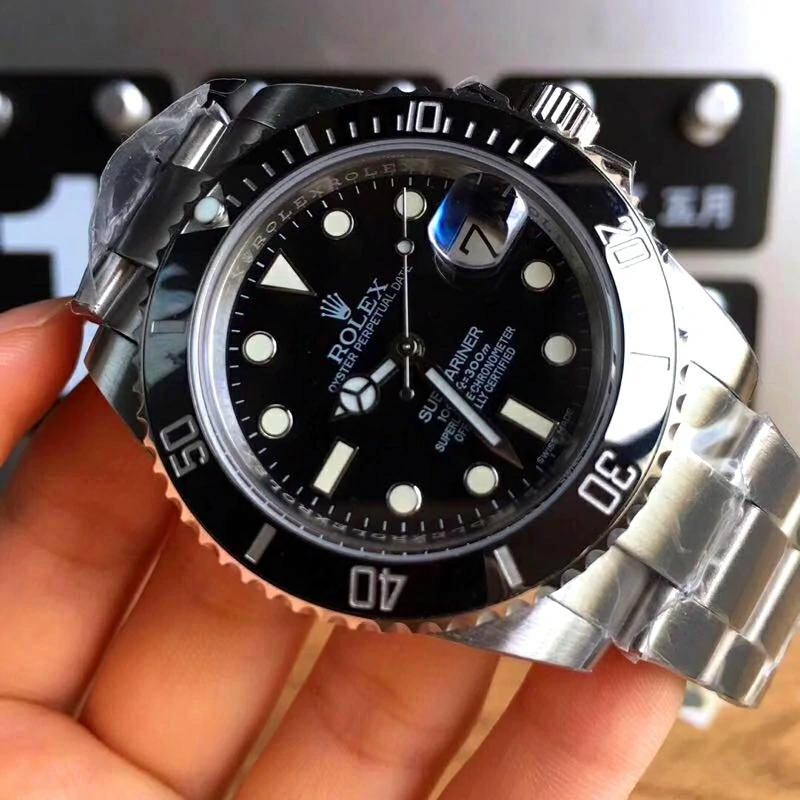
The Legal Landscape of Replica Watches
First, let’s clarify the legal aspects. Purchasing a replica watch for personal use is generally not illegal in most jurisdictions. It’s important to distinguish between buying and selling. Owning a replica, even if it closely resembles a luxury brand, does not automatically lead to legal trouble. However, advertising and selling these watches as authentic pieces is a clear violation of intellectual property laws and can result in legal consequences.
Replica watches, by definition, imitate the design, appearance, and functionality of original luxury watches without permission from the brand owners. These copies can range from simple aesthetic imitations to highly sophisticated counterfeits, which may attempt to replicate the mechanical craftsmanship of the original.
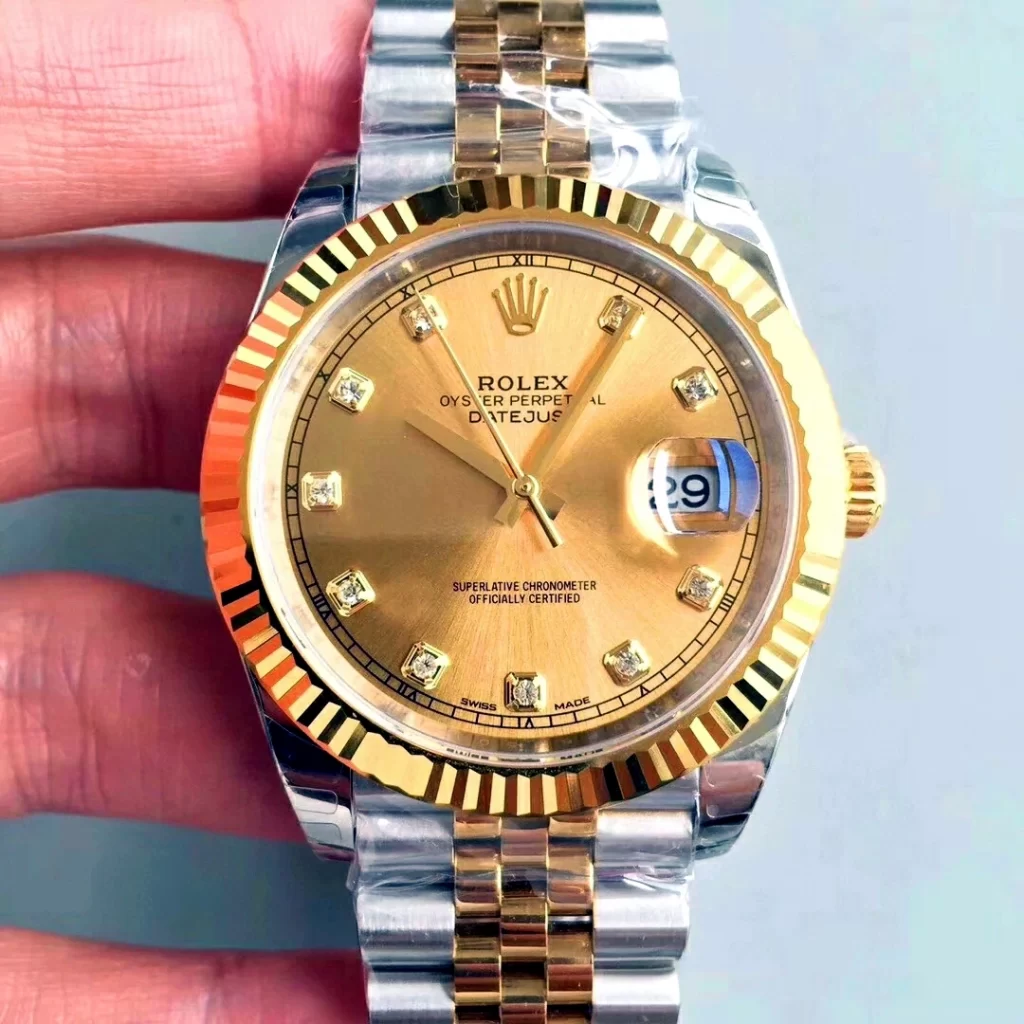
The Line Between Replica and Counterfeit
The difference between a “replica” and a “counterfeit” often lies in intent and misrepresentation. A replica watch is typically marketed for what it is: a non-authentic watch that resembles the design of a luxury watch. It may be clearly labeled as a “replica” or “homage.” A counterfeit, however, seeks to deceive by passing off the imitation as a genuine product, often carrying fake branding and logos of the original brand.
The use of a brand’s trademarked logo on a replica watch crosses the line into counterfeiting, which is illegal and punishable by law. Selling a counterfeit watch as if it were authentic can result in hefty fines or criminal charges.
Buying Replica Watches: What You Need to Know
If you’re considering purchasing a replica watch, it’s important to remember that personal use is typically permissible, as long as the replica is not advertised as genuine. The real concern arises when replicas are sold under the guise of authenticity. This misrepresentation not only infringes on the intellectual property rights of luxury watch brands but also damages brand integrity and misleads consumers.
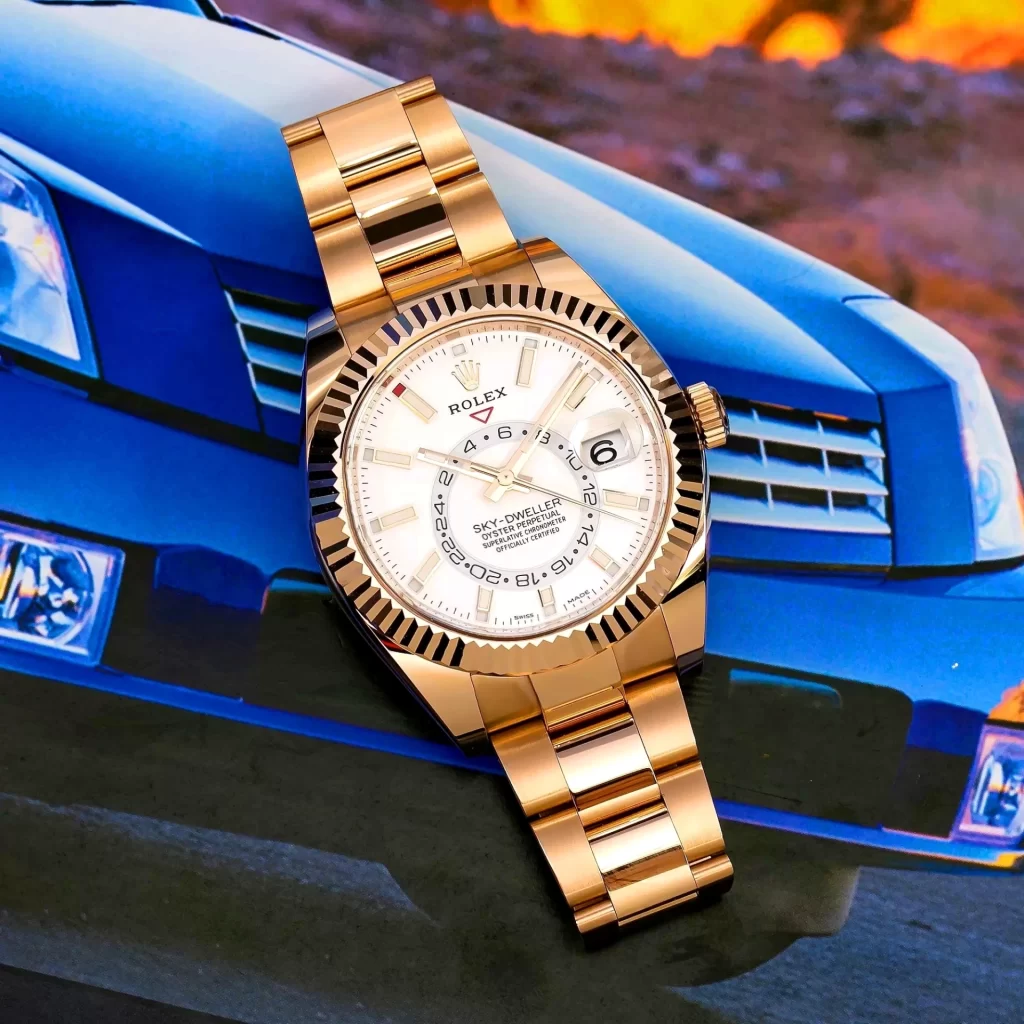
Personal Ownership: Purchasing and owning a replica watch for personal use is not inherently illegal.
Misrepresentation: Selling or advertising a replica as an original is illegal and could lead to severe penalties.
Quality vs. Authenticity: High-quality replicas can mimic the look and feel of authentic watches but may not match their durability or craftsmanship.
Why Do People Buy Replica Watches?
The demand for replica watches often comes down to affordability. Luxury watches from brands like Rolex, Patek Philippe, and Audemars Piguet can cost tens of thousands of dollars. In contrast, a replica offers the same appearance at a fraction of the price. Many consumers are drawn to the aesthetic appeal and status symbol associated with high-end watches but are not willing or able to pay the premium price tag.
In recent years, some replica watches have even gained a reputation for quality craftsmanship, with certain manufacturers going to great lengths to replicate not just the look but also the feel of the originals. These high-quality replicas can be durable, stylish, and functional, making them a popular choice for watch enthusiasts on a budget.
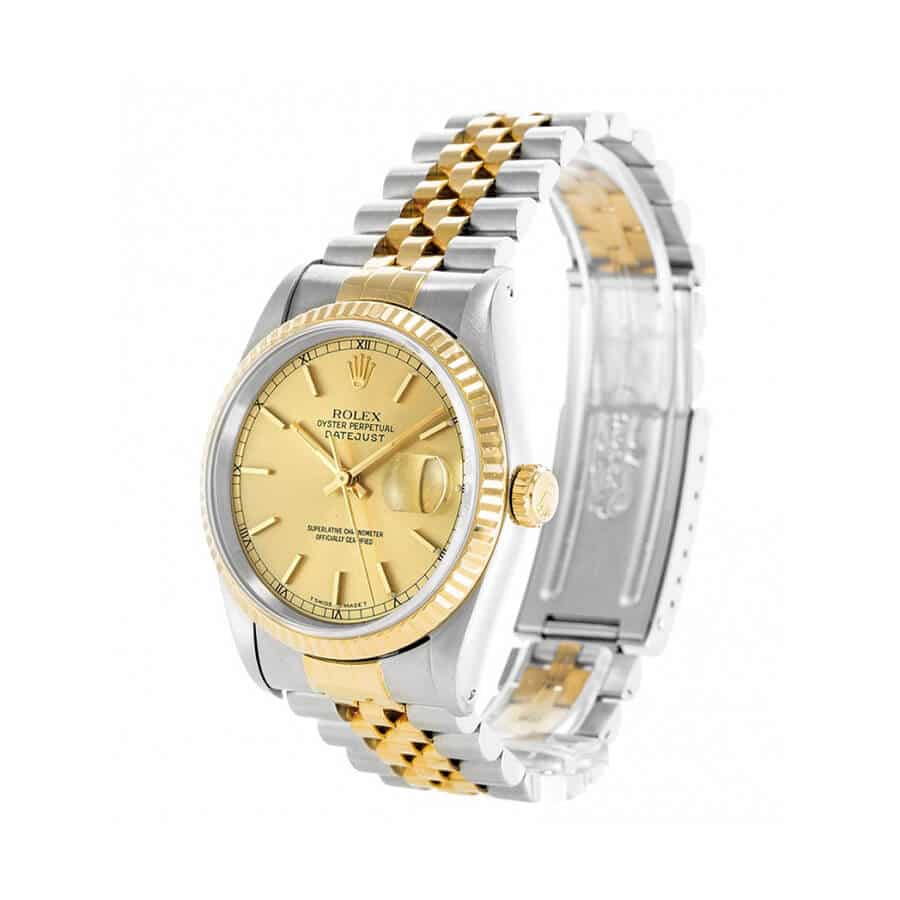
Is It Worth Buying a Replica Watch?
For some, the appeal of a replica watch lies in the style and cost savings. For others, it’s about the experience – enjoying the luxury aesthetic without breaking the bank. If you choose to purchase a replica watch, it’s essential to know what you’re getting and what the legal implications are.
However, keep in mind that low-quality replicas are often made with inferior materials and may lack the reliability and longevity of their genuine counterparts. On the other hand, higher-end replicas can closely resemble the originals and may even feature mechanical movements, making them more desirable for those who are willing to spend a little more.
Navigating the Replica Watch Market
If you’re drawn to the idea of owning a luxury watch without the hefty price tag, it’s vital to do your research. While the legality of purchasing a replica watch is generally straightforward, buying from reputable sources ensures you are not inadvertently participating in illegal activity. It’s also a good idea to stay informed about intellectual property laws and brand regulations in your country.
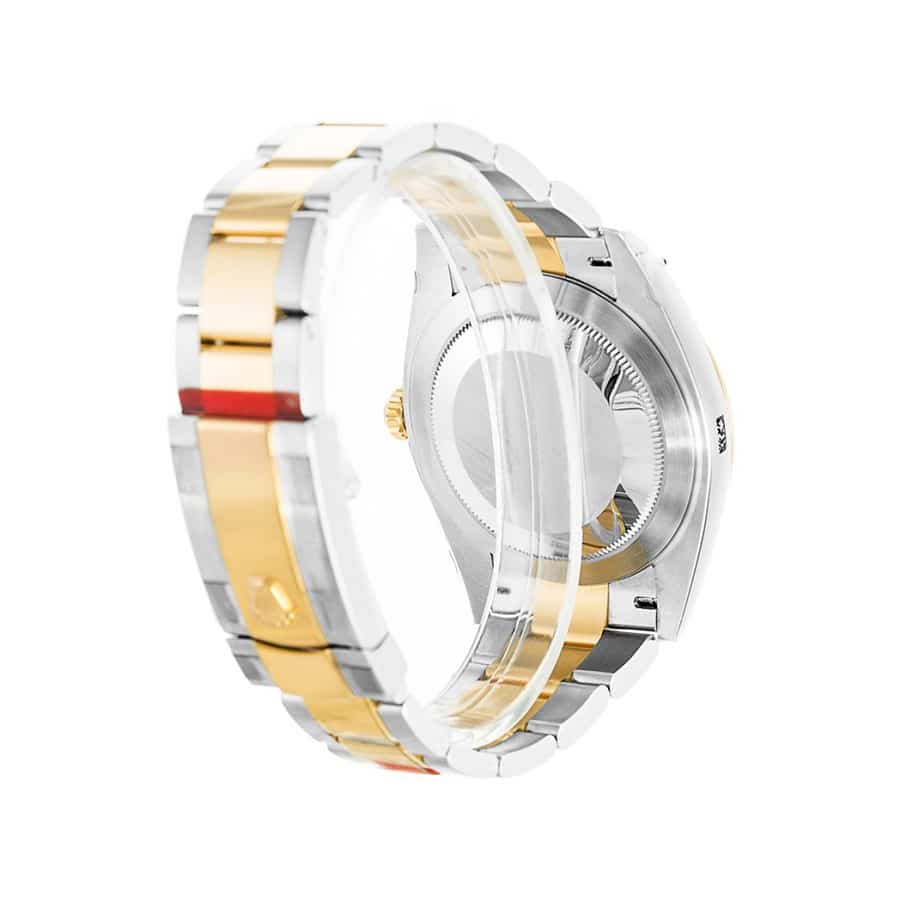
The world of replica watches is a gray area that raises both legal and ethical questions. The key to navigating this market is understanding where the lines are drawn – what is legal, what is not, and what falls into an ethical gray zone.
When it comes to replica watches, the key takeaway is that while owning and purchasing them for personal use is generally not illegal, selling or advertising them as genuine is. Always be mindful of the legal ramifications of misrepresentation, and make informed decisions when purchasing from any market, especially the replica watch industry.

